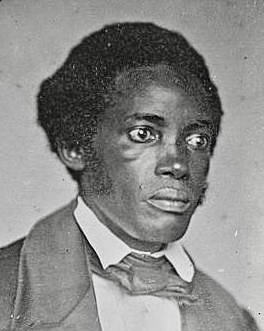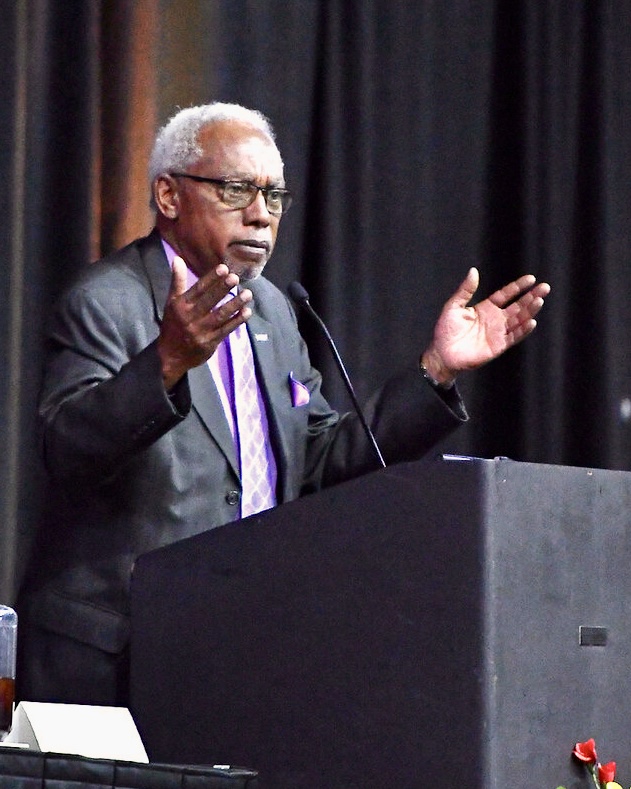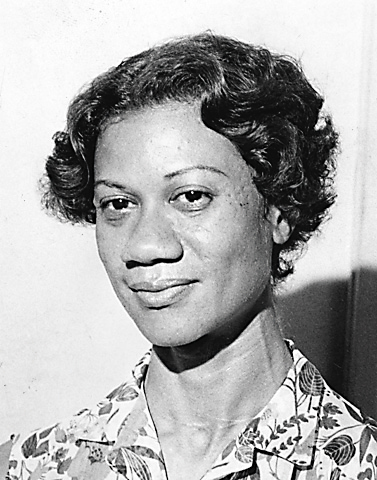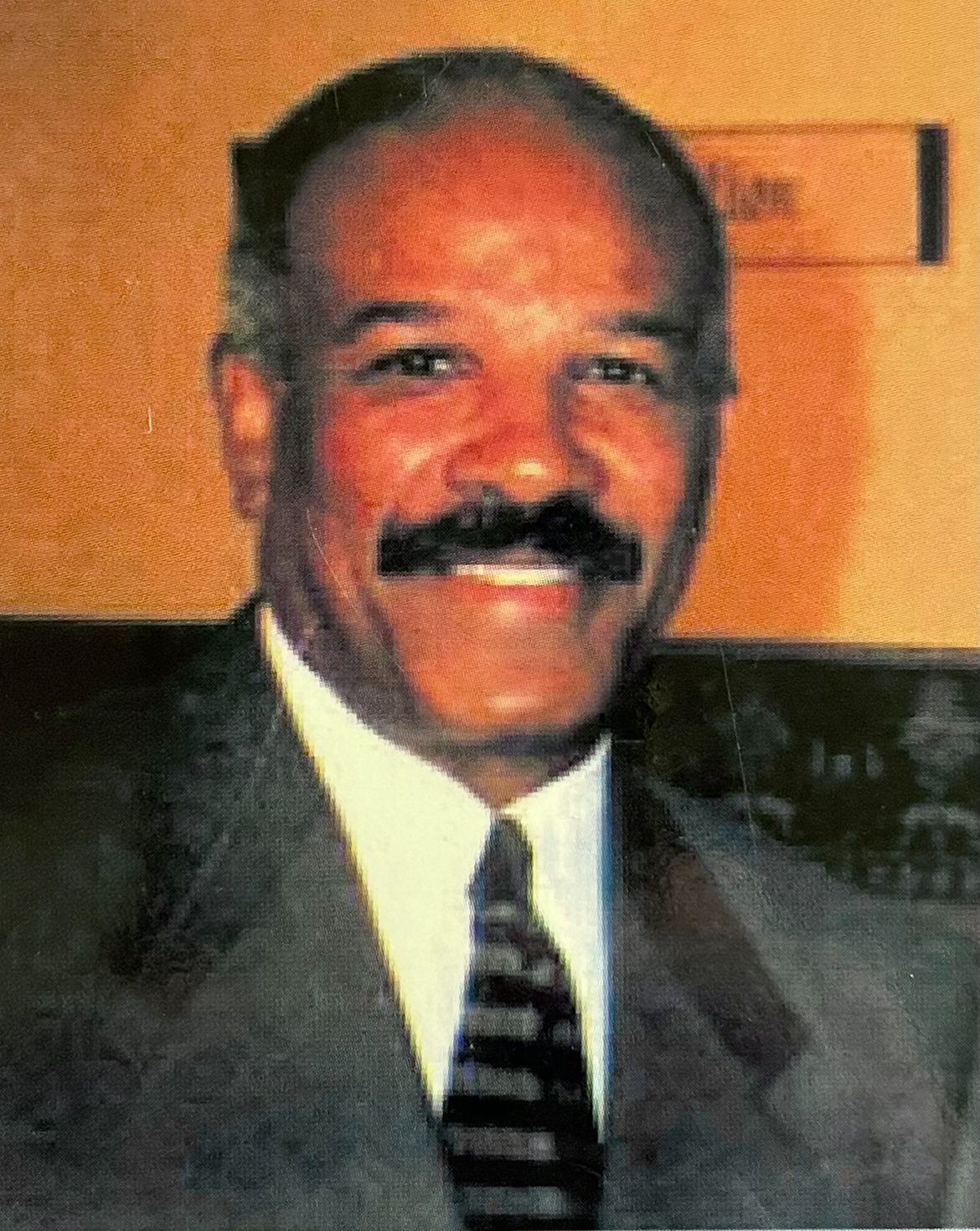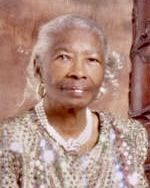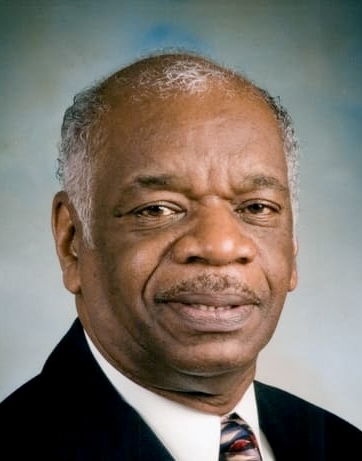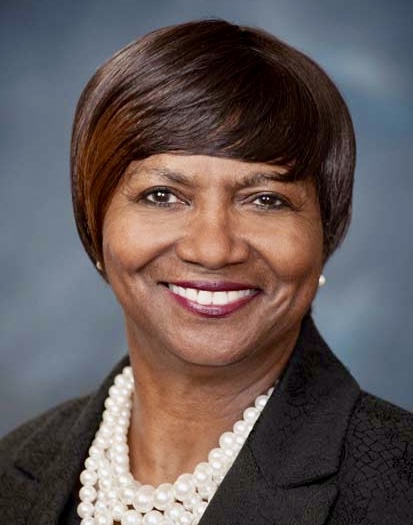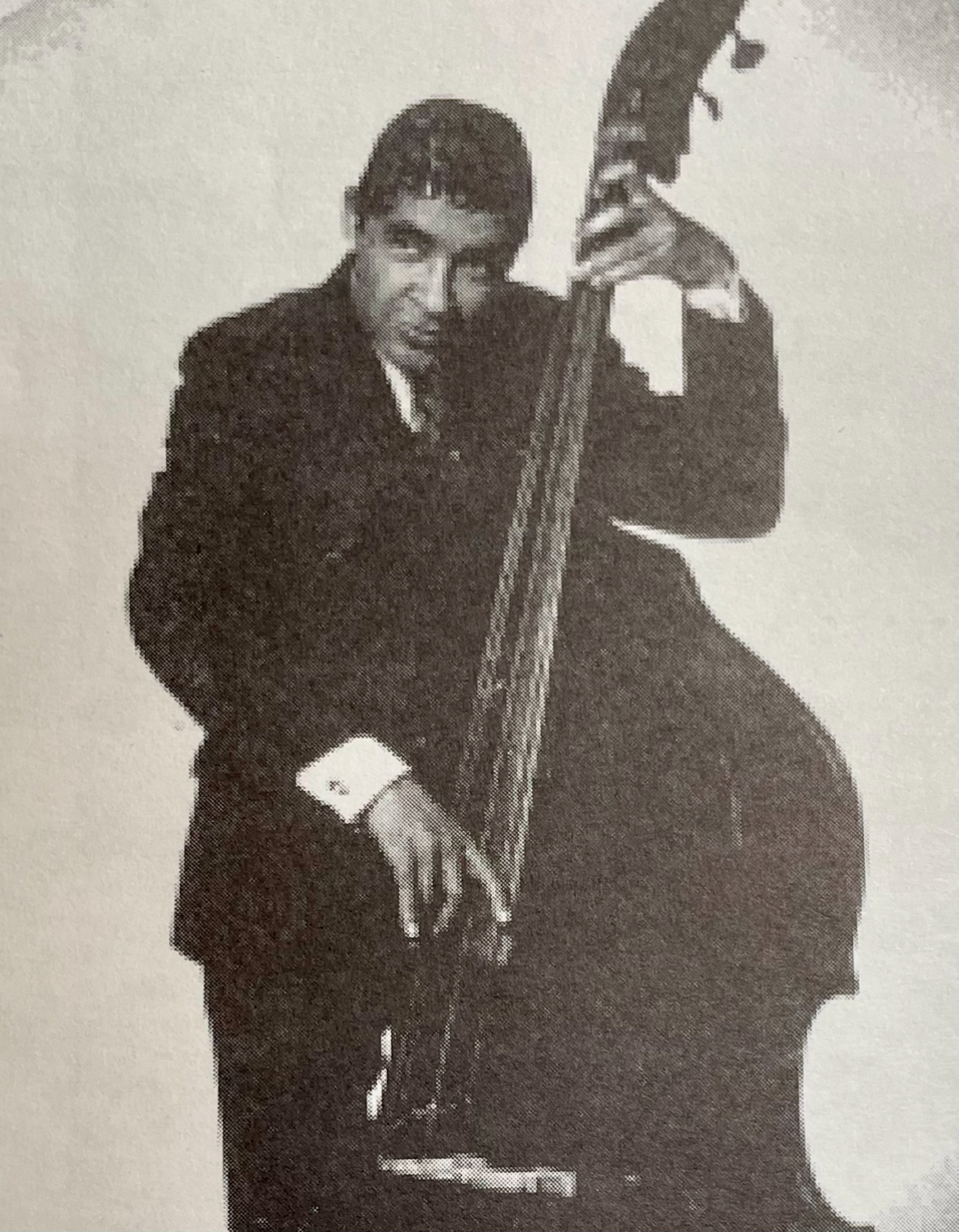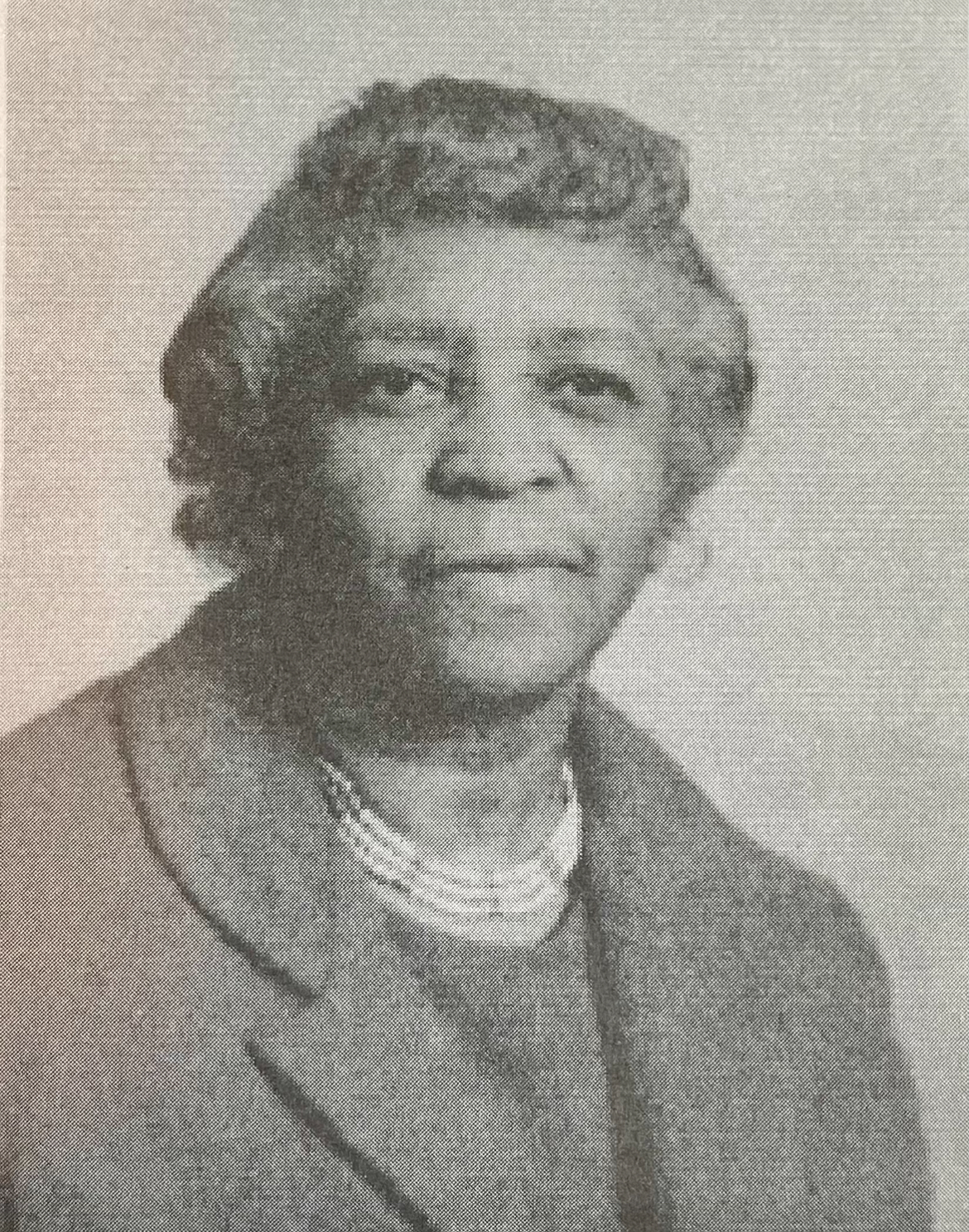Saturday, October 26, 1935, was clear and bright, with not much wind in Cambridge. Throughout the morning, many thousands of people from all over Maryland’s Eastern Shore and Delaware streamed into town until, by noon, there were hardly any available parking spaces left anywhere.
The recently completed dual road known as Sunburst Highway was decorated in flags and bunting from one end of the stretch to the other three-quarters of a mile away, where it connected with the Ocean City-Cambridge state road. An exciting holiday spirit was in the warm air.
The president was coming.
At 10:15 am, Franklin D. Roosevelt motored from Washington to Annapolis and boarded the USS Sequoia to travel down the Chesapeake Bay to Cambridge. He was accompanied by Secretary and Mrs. Henry Wallace, Mr. and Mrs. David Gray, and Miss Marguerite A. LeHand. The president was on his way to help dedicate the brand-new bridge across the Choptank River.
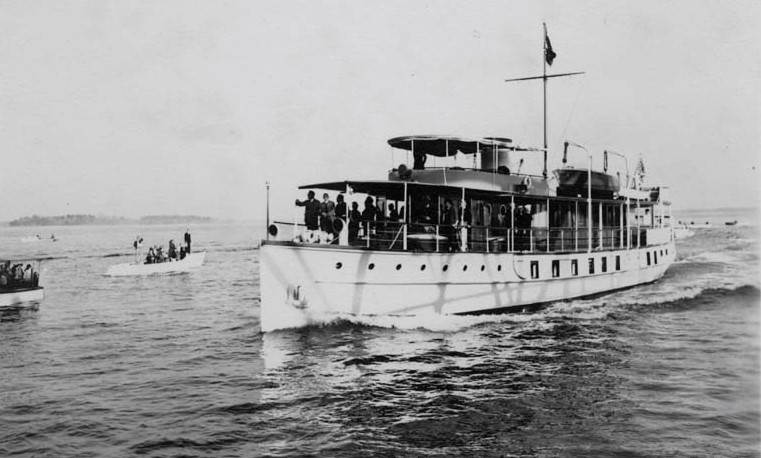
Built over a year and a half with funds from FDR’s New Deal agency, the Public Works Administration, and the State Roads Commission, this structure provided employment for more than 200 men from Dorchester and the surrounding counties during the dark days of the Great Depression. Hailed as a marvel of engineering and technology, it became the first connector at that place between Cambridge and Easton. Plus, the two-mile span made it the longest bridge in all of Maryland.
It marked the fruition of a dream visualized by Senator George L. Radcliffe, a local boy.
The master of ceremonies, Governor Harry W. Nice, made the trip to Cambridge on the steamer duPont, flagship of the Maryland Conservation Department, which had been presented to the state by Mrs. T. Coleman duPont, widow of US Senator duPont of Delaware. The governor’s party included Mrs. Nice, Mr. and Mrs. George Clayton, Mr. and Mrs. Thomas Ewalt, Mr. and Mrs. Frank Pearson of Baltimore, Mr. and Mrs. Chester Cloud of New York, and Miss May Nice of Annapolis.

Greeting FDR in Cambridge
The bridge was attired in festoonings at both entrances and on the four truss spans that were supported by the piers. Twenty-five Maryland State Police officers were on hand, and members of the National Guard, Boy Scouts, and Rescue Fire Company were sworn in as special police for the occasion.
Delegations from Dorchester and Talbot Counties gathered at the draw of the bridge for the dedication. Also present were the governors of Delaware, Virginia, Pennsylvania, and New Jersey, as well as three former Maryland governors–Albert Ritchie, Phillips Lee Goldsborough, and Emerson C. Harrington.
Gov. Nice told the cheering spectators that the bridge had cost $1,409,273, partly covered by a grant of $506,373.43 from the PWA. He admitted it hadn’t been easy to convince the public of “the economic benefits of linking Cambridge with the county to the north.” Nice announced that the bridge was being named for Harrington, the World War I-era governor and a native of Cambridge, who accepted it with the comment, “I hope it will be merited.”
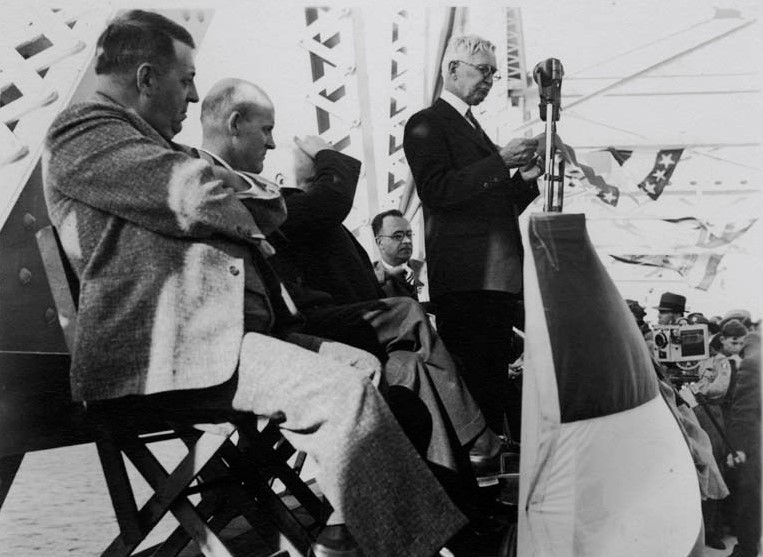
Former Maryland Governor Harrington
At 2:30 pm, Roosevelt made his appearance. While the turntable span opened, the Sequoia waited nearby and then became the first vessel to pass through. The boat turned around upstream of the bridge and steamed through again, with the president waving to the crowd that lined the shore. Naval planes from Annapolis maneuvered above and after the draw was closed.
Then, the ribbons were cut on both the Talbot and Dorchester sides, officially opening the Emerson C. Harrington Bridge to traffic, which began immediately. The dedicatory procession started across toward Cambridge, accompanied by the music of the Rescue Fire Company band and the Drum and Bugle Corps of American Legion Post Number 9.
The Sequoia pulled up to the dock at Long Wharf, where a number of old warehouses had been torn down at the Secret Service’s request. The crowd gave Roosevelt “a tumultuous welcome.” He did not disembark, as that would have revealed he needed a wheelchair to get around, but he stood at the railing and made a brief congratulatory address that was broadcast over a national hook-up.
“Governor Nice, my friends,” said FDR, “I didn’t come here to make a speech but to take part in a little ceremony largely because of my friendship for a neighbor of yours, George Radcliffe. About 15 years ago, when I first was associated in business with him, he began talking to me about the need for a bridge at Cambridge. When I went to Washington and helped in building, I was very happy.”
The crowd applauded heartily, and the Sequoia headed back up the Chesapeake to the Potomac River.
That evening, a banquet was held for 500 people at the state armory in Cambridge, arranged by W. Enos Valliant of the Cambridge-Dorchester County Chamber of Commerce. It was followed by a dance that lasted until midnight. The program concluded with a massive fireworks display.
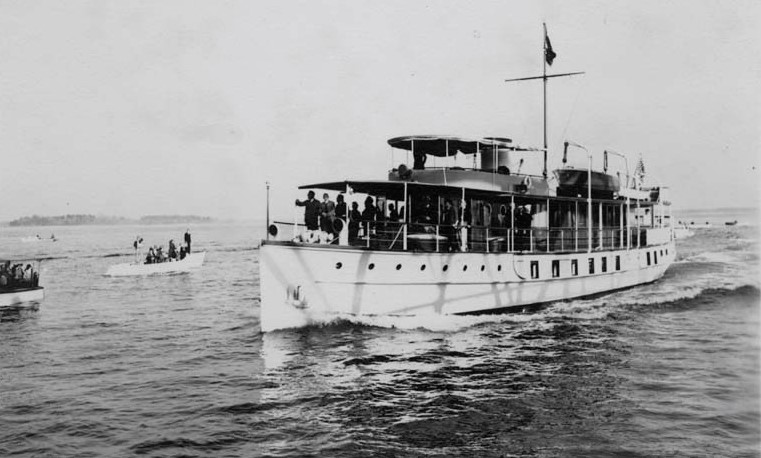

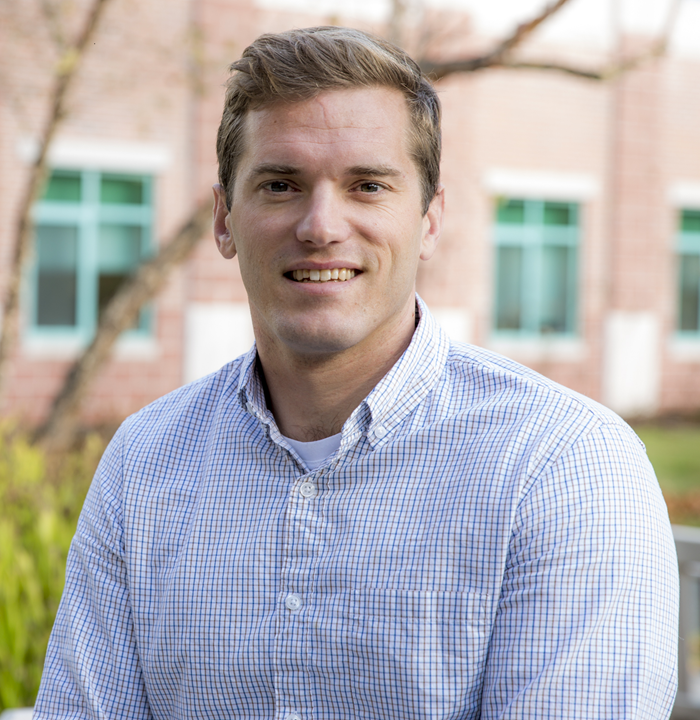


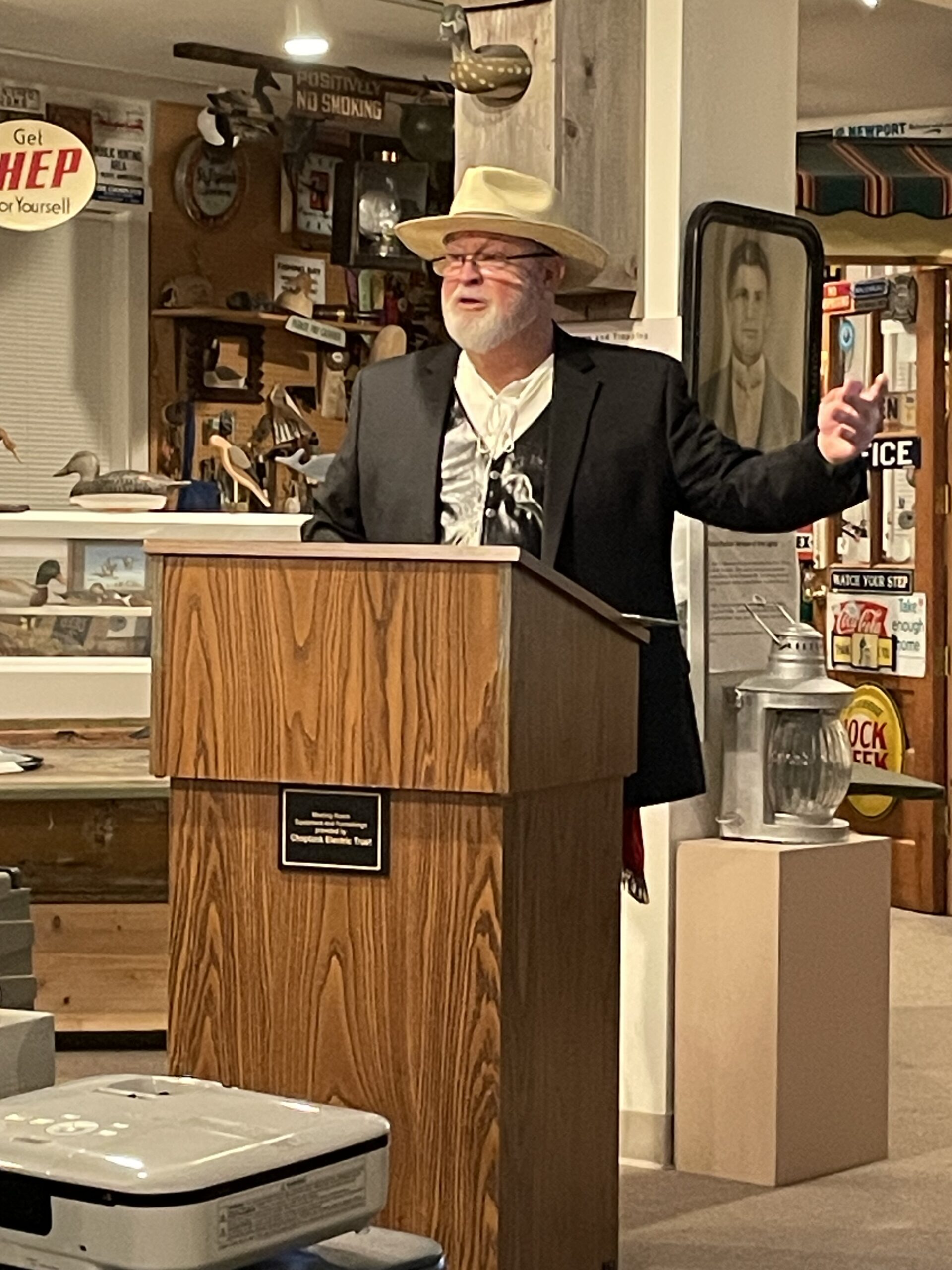




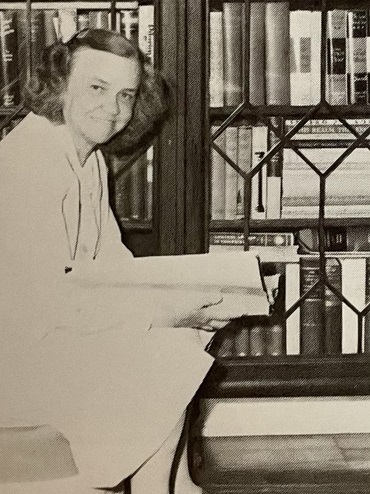
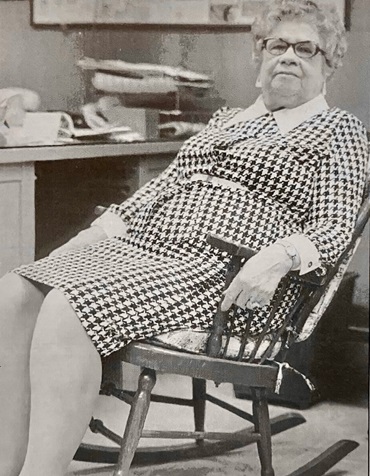
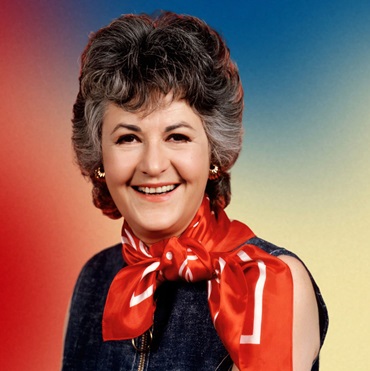 Bea Arthur
Bea Arthur
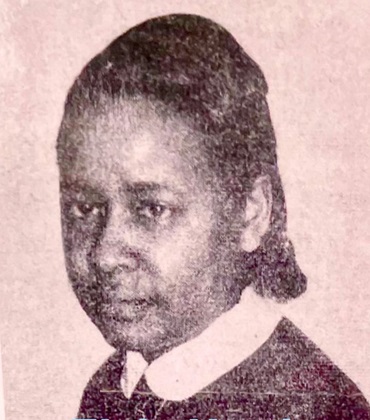
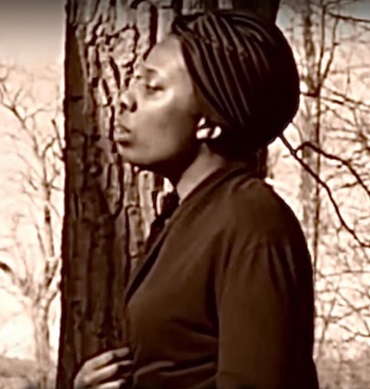 Addie Travers
Addie Travers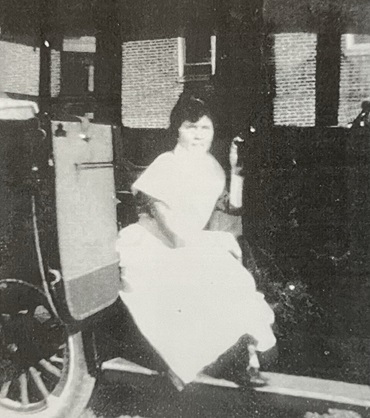 Effa Horseman
Effa Horseman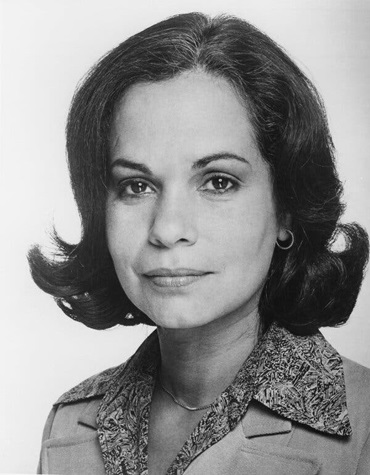

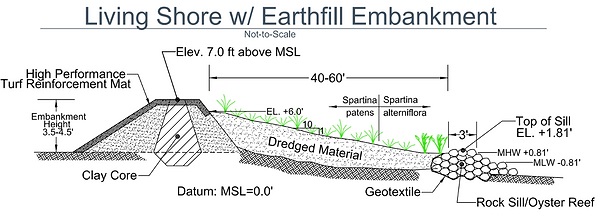
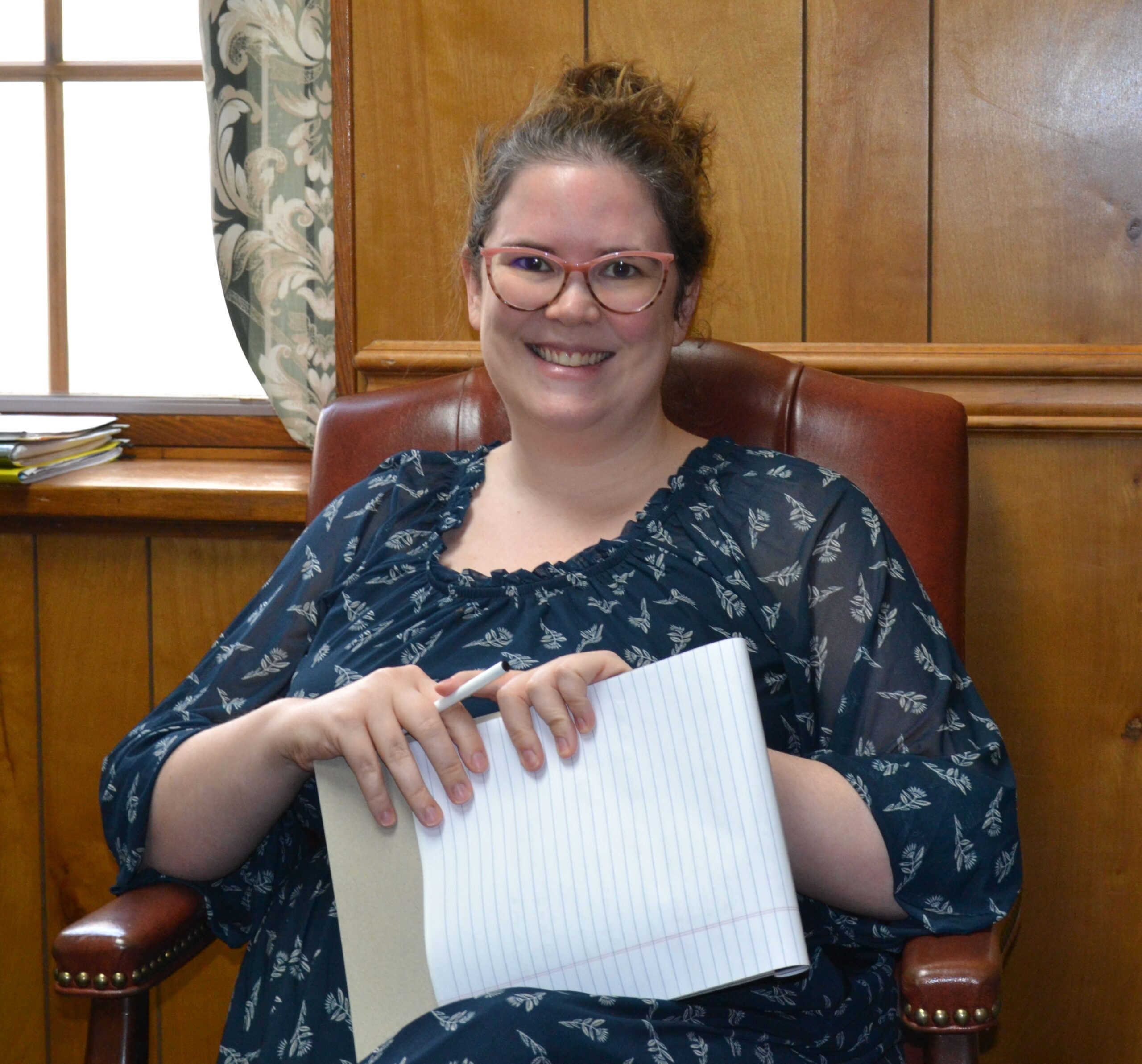
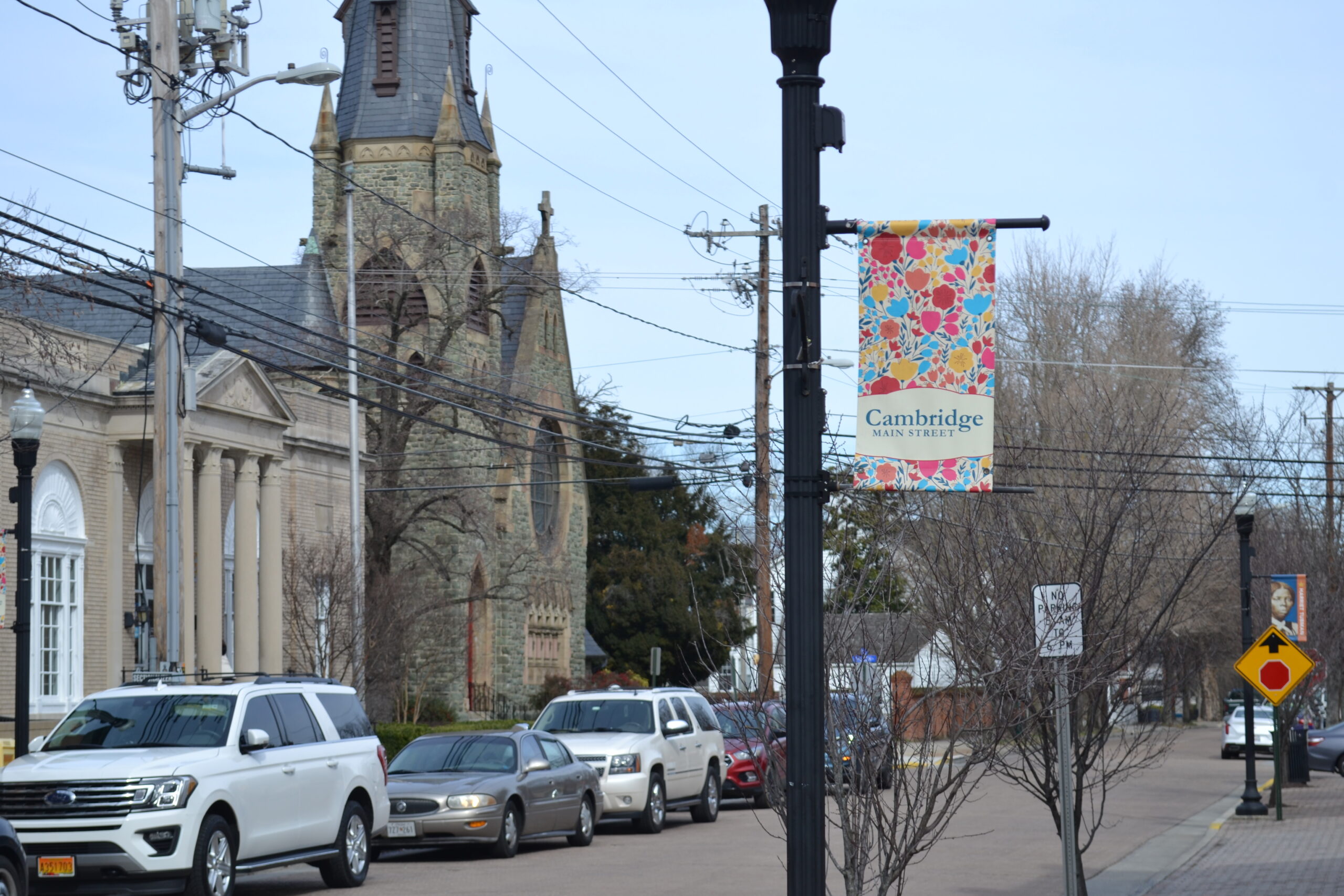 Main Street Maryland is also getting more organized, as evidenced by the fact that CMS recently received its first letter of agreement with the state entity since 2018. Something that used to be standard, this agreement outlines the pillars of the National Main Street program that CMS must uphold, such as displaying logos on promotional materials and having information about the Maryland Department of Housing and Community Development. Another important part of the agreement involves downtown beautification, which is done through streetscape and façade improvement as well as lighting.
Main Street Maryland is also getting more organized, as evidenced by the fact that CMS recently received its first letter of agreement with the state entity since 2018. Something that used to be standard, this agreement outlines the pillars of the National Main Street program that CMS must uphold, such as displaying logos on promotional materials and having information about the Maryland Department of Housing and Community Development. Another important part of the agreement involves downtown beautification, which is done through streetscape and façade improvement as well as lighting.